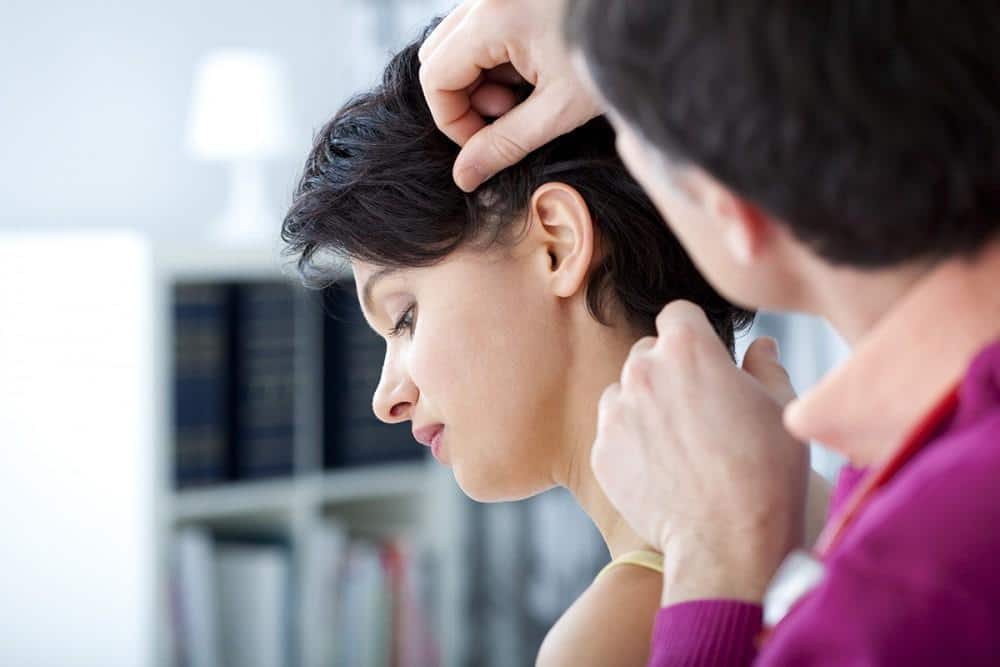
As we get older, our skin begins to change. It gets thinner and more lined. This is probably not news to anyone. What you may not have considered is that the skin on your ear is no different. It isn’t immune to the degradation that happens with time. The same aging process on your face affects the skin on your ears.
Have you noticed that the holes in your pierced ears have become elongated? This is a common occurrence that happens to many people over time, especially if they often wear long, dangly earrings. Ears lose their elasticity and plumpness and can look saggier.
This aging process can make wearing those long, dangly earrings uncomfortable and also make your ear prone to getting torn.
Saggy ears and tears
When your pierced ear holes are elongated, they are more likely to get torn if your earring gets snagged on an item. Earring snags and ear tears are not just for older people, though. Anyone can get their earring caught on an object. It even happened to Beyoncé!
In 2016, during a concert, her long earring got caught on something, and she ripped her ear earlobe. Did she stop singing? Nope. Elongated pierced ear holes and tears, however, don’t just happen to celebrities who wear glamorous jewelry. This type of injury and ear deformity is common.
An earring can easily get snagged on your sweater as you pull it off. A child can grab your hoop and tug until your ear rips. There are numerous ways you can injure your ear.
Ear repair
Whether your ear tear is caused by trauma or age and the frequent wearing of long earrings, Dr. William Long of Manhattan Dermatology can easily fix your injury. The repair procedure is done in his office and only takes about 30-60 minutes per ear.
You’ll be given a local anesthetic to keep you comfortable. During the surgery, Dr. Long changes the shape of your earlobe so that your ear looks shorter. Then he closes the original hole from your piercing. After the surgery, you may feel a little sore, but you’ll be able to return to your normal activities.
After the surgery, you won’t be able to wear earrings because the hole will be closed. Once your ear heals, you will be able to get it repierced in a more attractive location so that you can wear earrings again. To avoid having to return to Dr. Long, avoid heavy, dangling earrings.
If your pierced ear holes are stretched out, or if you’ve torn one or both of your ears, call Manhattan Dermatology to make an appointment with Dr. William Long to get them repaired. You can also make an appointment online through our website.
